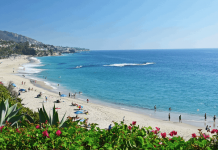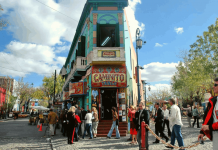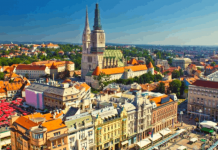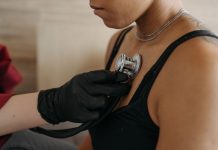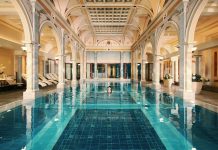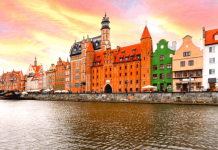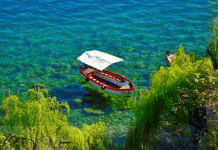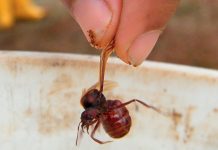Alternative medicine encompasses any procedure aimed at achieving medicine’s therapeutic effects. These practices lack biological plausibility and are untested or untestable. Numerous rebrandings of the same concept include complementary medicine, complementary and alternative medicine, personalized medicine or integrative medicine, and holistic medicine.
The perception of alternative therapies is that they exist outside of medical science and rely on pseudoscience. Once used outside of its original settings without proper scientific clarification and confirmation, traditional practices are “alternative.” Nonetheless, many people have found that such therapies have helped them.
It isn’t effortless to define complementary and alternative therapies, mostly because the area is so diverse. Among other treatments, they include diet and exercise changes, hypnosis, chiropractic adjustments, and poking needles into a person’s skin (aka acupuncture). Here are some of the most popular alternative medicinal practices around the world.
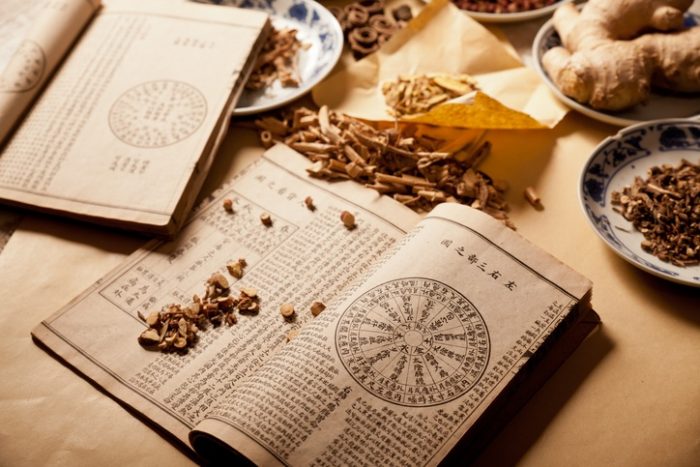
Traditional Chinese Medicine
Traditional Chinese Medicine works on the individual instead of the illness. This has a much greater emphasis on preventing disease and frequent tune-ups than on treating a particular ailment. However, it is still helpful for that purpose when necessary. Acupuncture, acupressure, diet, and herbs are the primary care modalities.
Ayurveda
Ayurveda is a prevalent healthcare system in India. However, Ayurvedic awareness is gaining ground in other countries. The term means “life wisdom” and is about understanding one’s body and experience, and balancing three aspects of the body and mind called doshas. Just like traditional Chinese medicine, it uses food, plants, and self-knowledge.
Several studies show positive results for everyday Ayurvedic activities. These include taking turmeric for inflammation or swishing coconut oil in your mouth to kill bacteria (called oil pulling). Yoga is able to resolve a range of mental and physical health problems, including anxiety, depression, high blood pressure, and insomnia.
Homeopathy
Homeopathy works in much the same way as a vaccine. It uses the principle of treating “like with like.” Homeopaths collect extensive background information on patients. This is before administering a highly diluted, natural drug, usually in liquid or tablet form, to spring up the natural healing processes of the body. Such therapies are known as “cure.”
Maori Healing
Rongoa is the term for traditional Maori medicine. Men and women of Maori heritage practice this healing. They rely on herbal remedies, massages, and rituals to help their patients maintain their physical and spiritual wellbeing.
This, however, is not all based on the power of belief. Some of the herbal remedies prescribed by these individuals have antiseptic or antifungal properties. These practices help improve the patient’s health. Rongoa is even partially funded by the New Zealand Ministry of Health, which allocates $1.9 million a year to alternative medicine, such as this Maori practice.
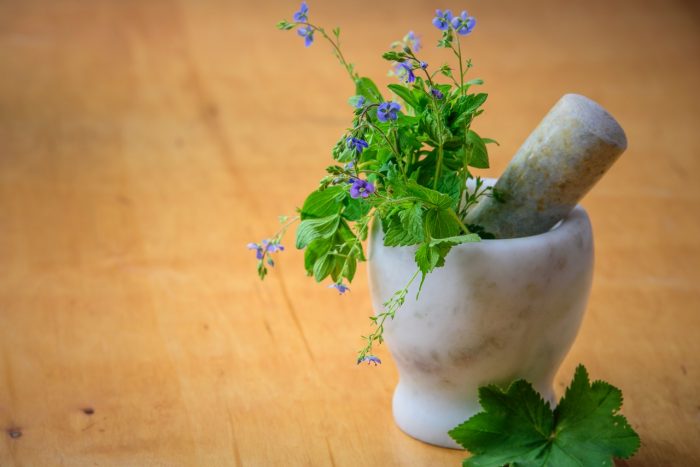
Conclusion
Many alternative approaches are based on ideas that contradict the science of how the human body functions. Others use the superstitious or supernatural to explain their influence. The method is plausibly successful in others, but it does have too many side effects.
Alternative medicine is distinct from experimental medicine, which uses the scientific method of testing possible therapies. This can be through responsible and ethical clinical trials, providing proof of either effect or no effect. Research into alternative therapies often fails to follow appropriate research protocols (such as placebo-controlled trials, blind experiments, and previous probability calculations), resulting in invalid results.
For more information about medicine during travels, click here.



